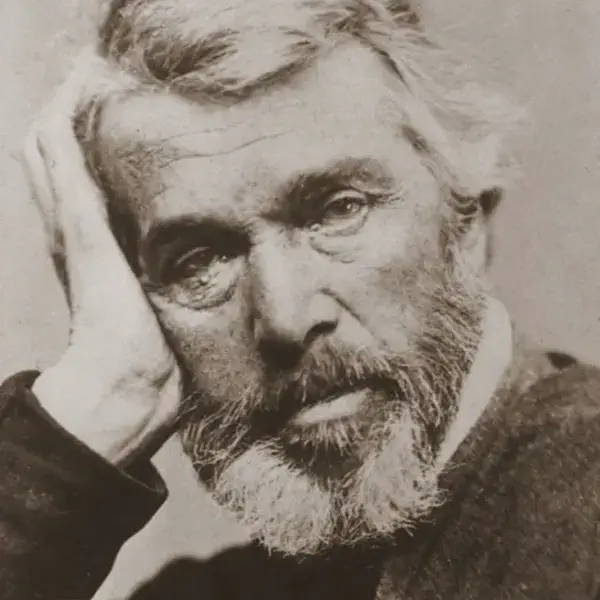
Thomas Carlyle, Writer and Historian, Died in London
February 05, 1881
Thomas Carlyle, the influential Scottish writer, historian, and social critic, died in London on February 5, 1881. Carlyle was a leading figure in Victorian literature, known for his satirical writings, social critiques, and historical works. His writing style and approach to historical narrative were unique for his time, combining vivid storytelling with deep philosophical and social commentary.
Born on December 4, 1795, in Ecclefechan, Scotland, Carlyle moved to London in the 1830s, where he became a prominent member of the literary and intellectual circles. He is best remembered for works such as “Sartor Resartus” (1836), which presents a fictional German philosopher’s views on society and is notable for its unconventional narrative style, and “The French Revolution: A History” (1837), which was acclaimed for its passionate and imaginative recounting of the French Revolution.
Carlyle’s ideas and writings also influenced the social thinking of his time. He was deeply concerned with the conditions of the working classes and the problems arising from industrialization, which he discussed in essays like “Chartism” (1839) and “Past and Present” (1843). Despite his critical stance on many aspects of contemporary society, Carlyle’s views on democracy, race, and other issues have sparked considerable debate among later readers and scholars, with some aspects of his thought being criticized as reactionary or problematic.
Nonetheless, Carlyle’s impact on the literature and intellectual life of the 19th century was profound. His works and ideas influenced a wide range of writers and thinkers, both in his time and later. Carlyle’s emphasis on the importance of heroic leadership and his deep engagement with history as a means to understand and critique the present left a lasting mark on Victorian thought and beyond.